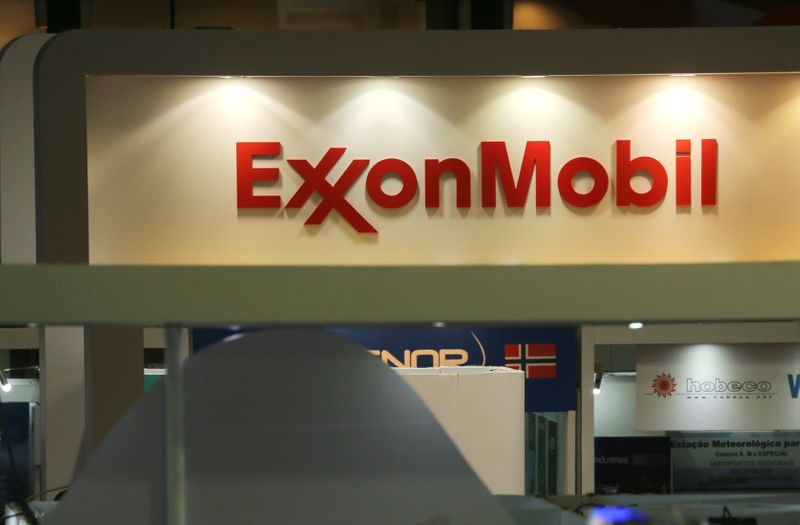(Reuters) - A California retail developer claims the state's coronavirus lockdown was an act of God that prevented it from completing a $4.2 million property acquisition, asking a court to prevent owner Exxon Mobil Corp (NYSE:XOM) from selling to any other buyers.
Pacific Collective LLC invoked force majeure in its bid to delay an Exxon property acquisition, according to a suit filed in Los Angeles County Superior Court. The legal clause refers to unexpected events that prevent one party to a contract from meeting its obligations.
Sometimes referred to as the act of God clause, force majeure is being invoked elsewhere in energy contracts. BP (LON:BP) this month cited force majeure for a one-year delay on a natural gas project, and three Indian refiners have cited it in rejecting crude oil imports.
An Exxon spokesman declined immediate comment, citing pending litigation.
Pacific Collective did not reply to a request for comment and an attorney for the firm declined to comment.
The retail property developer's lawsuit seeks $7.9 million in damages for alleged breach of contract and an injunction prohibiting Exxon from selling the property to someone else.
Pacific Collective invoked force majeure on March 30, a day before the acquisition was to close. Three days later Exxon notified the developer it would cancel the sale and keep the company's deposit, according to the lawsuit.
Exxon's insistence on the scheduled closing required "acts that would qualify as crimes under the current California and County of LA Stay-at-Home Orders," Pacific Collective's complaint said.
Coronavirus could constitute a legal force majeure as long as a company can show it is effectively impossible to perform contractual duties as a result of the outbreak, said legal experts.
The case is Pacific Collective LLC V Exxon Mobil, Los Angeles County Superior Court, No. 20-STCV-13294.
